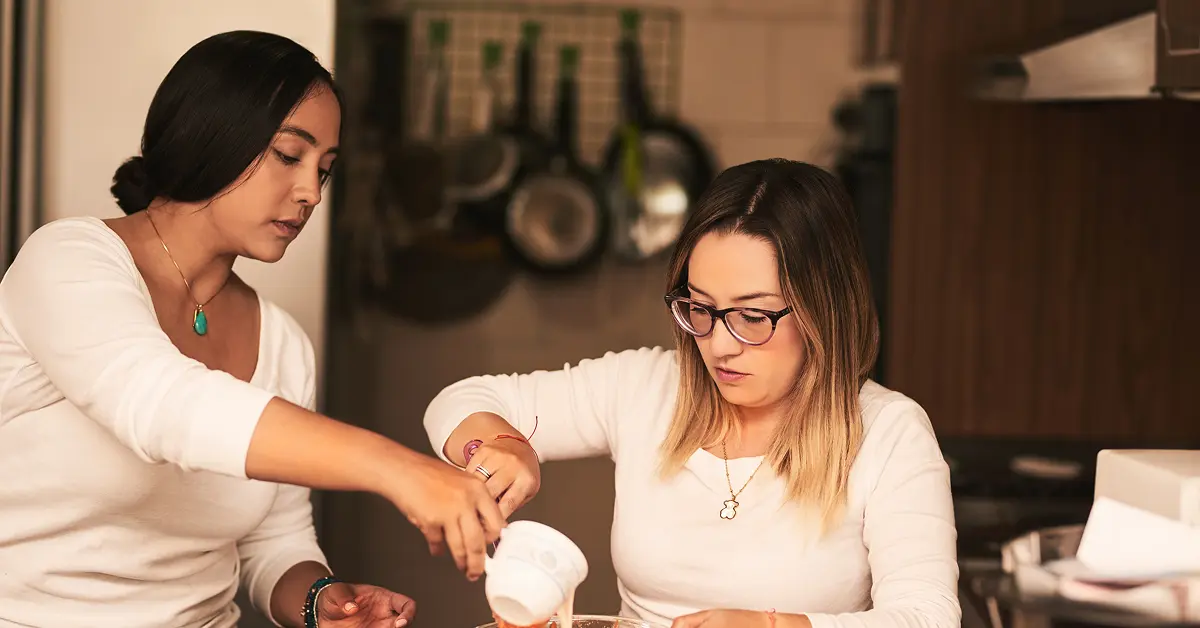Being a caregiver in India, especially for a loved one, is both a noble duty and an emotional rollercoaster. Caregivers often find themselves stretched thin, juggling responsibilities while battling a hidden enemy—guilt. Whether you're caring for aging parents, a disabled spouse, or a chronically ill family member, the emotional burden can be overwhelming. Guilt can creep in quietly, undermining your self-worth, disrupting your peace, and draining your emotional energy.
Let’s explore why caregivers feel guilty, the impact it has on your wellbeing, and how to overcome this emotional pressure while continuing to provide compassionate care.
Why Do Caregivers Experience Guilt?
Guilt among caregivers often stems from multiple sources. Here are some common triggers:
Feeling You're Not Doing Enough
No matter how much you do, it may never feel like it’s enough. This feeling is especially strong in Indian families, where caregiving is considered a lifelong moral duty.
Wanting a Break
The mere thought of needing rest or time away from caregiving responsibilities can make you feel selfish—even though it’s perfectly normal and necessary.
Resenting the Situation
You may feel resentment toward the role you’ve taken on, only to feel guilty immediately after. This is a very common, human response to prolonged stress.
Making Mistakes
Whether it’s missing a doctor’s appointment or losing your temper during a tough day, even minor errors can make you feel as if you’ve failed your loved one.
Seeking Help or Paid Support
In India, where family caregiving is seen as a responsibility that shouldn't be outsourced, hiring a professional caregiver can make you feel as though you’re abandoning your duties.
The Psychological Impact of Caregiver Guilt
Unresolved guilt can silently damage both your mental and physical health. It can lead to:
- Chronic stress and anxiety
- Depression and burnout
- Sleep disturbances
- Weakened immune system
- Reduced quality of care
Caregivers stuck in the guilt trap are more likely to ignore their own health, social life, and happiness, which only worsens the situation.
How to Overcome Caregiver Guilt: Practical Tips
Breaking free from the guilt trap requires self-awareness, mindset shifts, and practical action. Here are proven strategies to help Indian caregivers deal with emotional pressure:
Acknowledge Your Emotions Without Judgement
Start by recognising your guilt without trying to suppress or justify it. Understand that guilt is a natural reaction, not a permanent state.
Redefine What “Enough” Means
Instead of chasing an imaginary idea of perfection, redefine caregiving as doing the best you can with the resources and energy you have.
Establish Boundaries
You cannot pour from an empty cup. Setting boundaries around your time and energy is not selfish—it’s essential for long-term caregiving.
Seek Support Without Shame
Getting help doesn’t mean you love your family any less. Hiring a part-time caregiver or asking relatives to share the load is a responsible decision, not a guilty one.
Talk It Out
Sometimes, just talking to someone who understands can lighten your emotional load. Join a caregiver support group or talk to a therapist.
Practice Self-Compassion
Would you be harsh on a friend who's tired and overwhelmed? Treat yourself with the same kindness. Replace self-criticism with self-compassion.
Educate Yourself About the Condition
Often, guilt comes from misunderstanding the illness itself. Learning more about your loved one’s condition can help you set realistic expectations and feel more confident.
Celebrate Small Wins
Instead of dwelling on what went wrong, recognise the efforts you’re making. Every day you show up counts.
When Guilt Becomes Too Much: Seek Professional Help
If guilt is interfering with your ability to function, causing depression, or leading to emotional numbness, it’s time to speak with a mental health professional.
Final Thoughts: You Deserve Care Too
Caregiving is not just a task—it’s a deep emotional commitment. But that doesn't mean you must sacrifice your wellbeing to be a "good" caregiver. The guilt trap is real, but it’s not impossible to escape. Give yourself the grace to be human, the strength to ask for help, and the wisdom to care for yourself too.
Contents
Our 24*7 services
Latest Posts
- What Is Respite Care and Why Is It Important
- Affordable home care for senior citizens in India
- Caring for Seniors with Dementia or Alzheimer's at Home
- Senior Caregiving A Guide for Every Family
- How to Write a Caregiver Resume That Gets You Hired
- How Care After Hospital Discharge Speeds Up Recovery at Home
- How to Get Home Health Care for Seniors Through Medicare
- What Does a Senior Citizen Caregiver Really Do at Home
- How to Care for Elderly Parents with Alzheimer’s or Dementia
- How to Get 24-Hour Care for Seniors at Home



